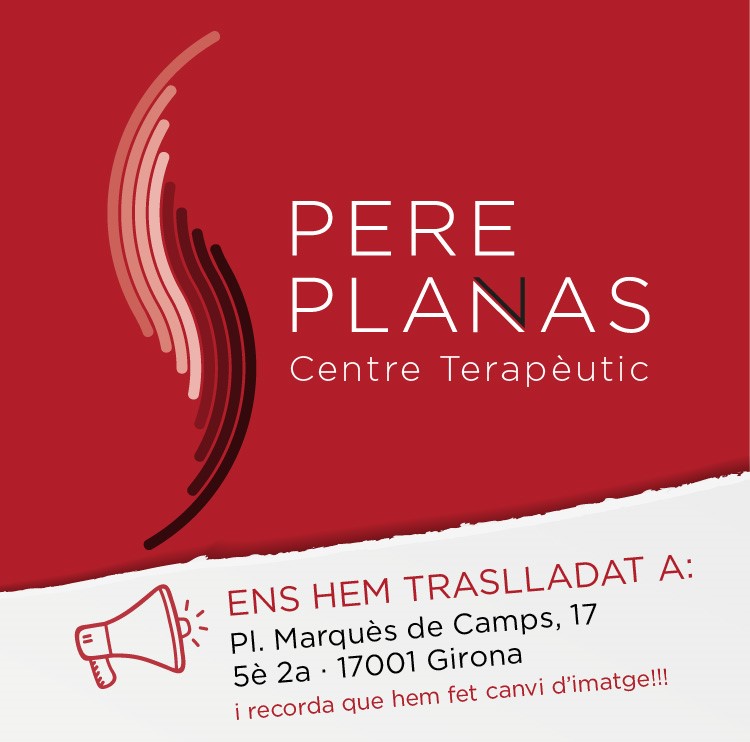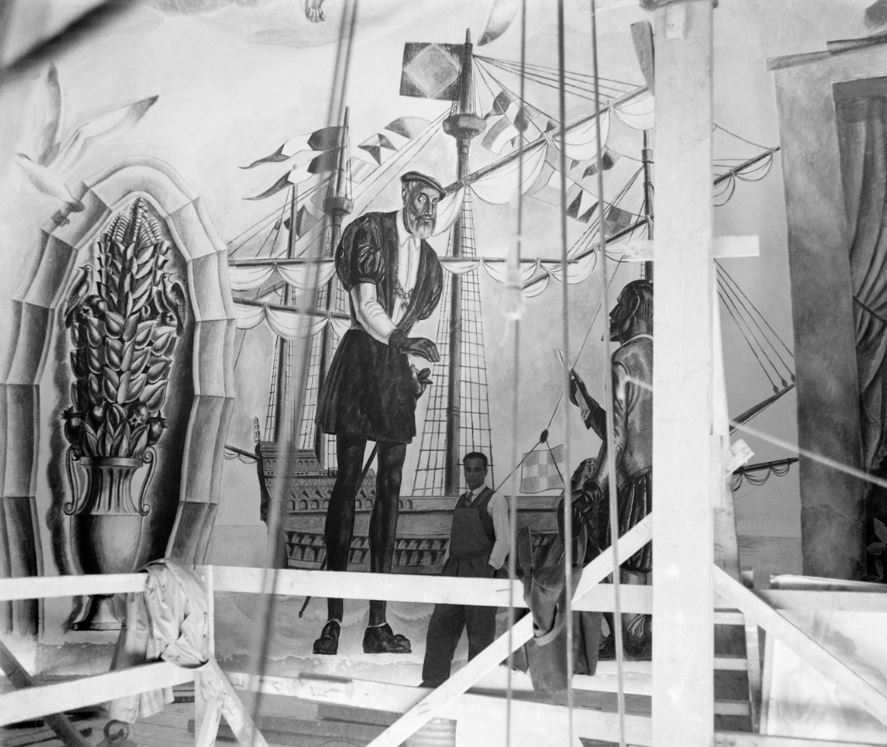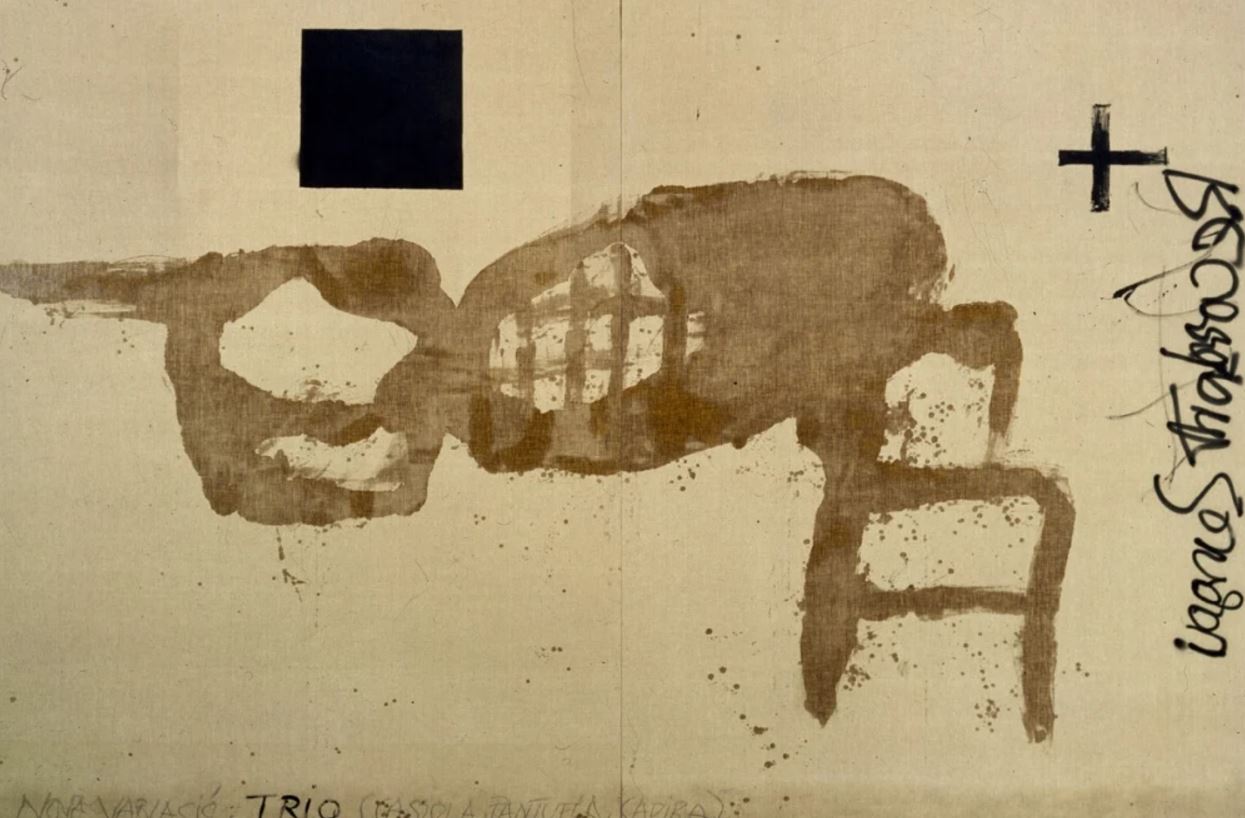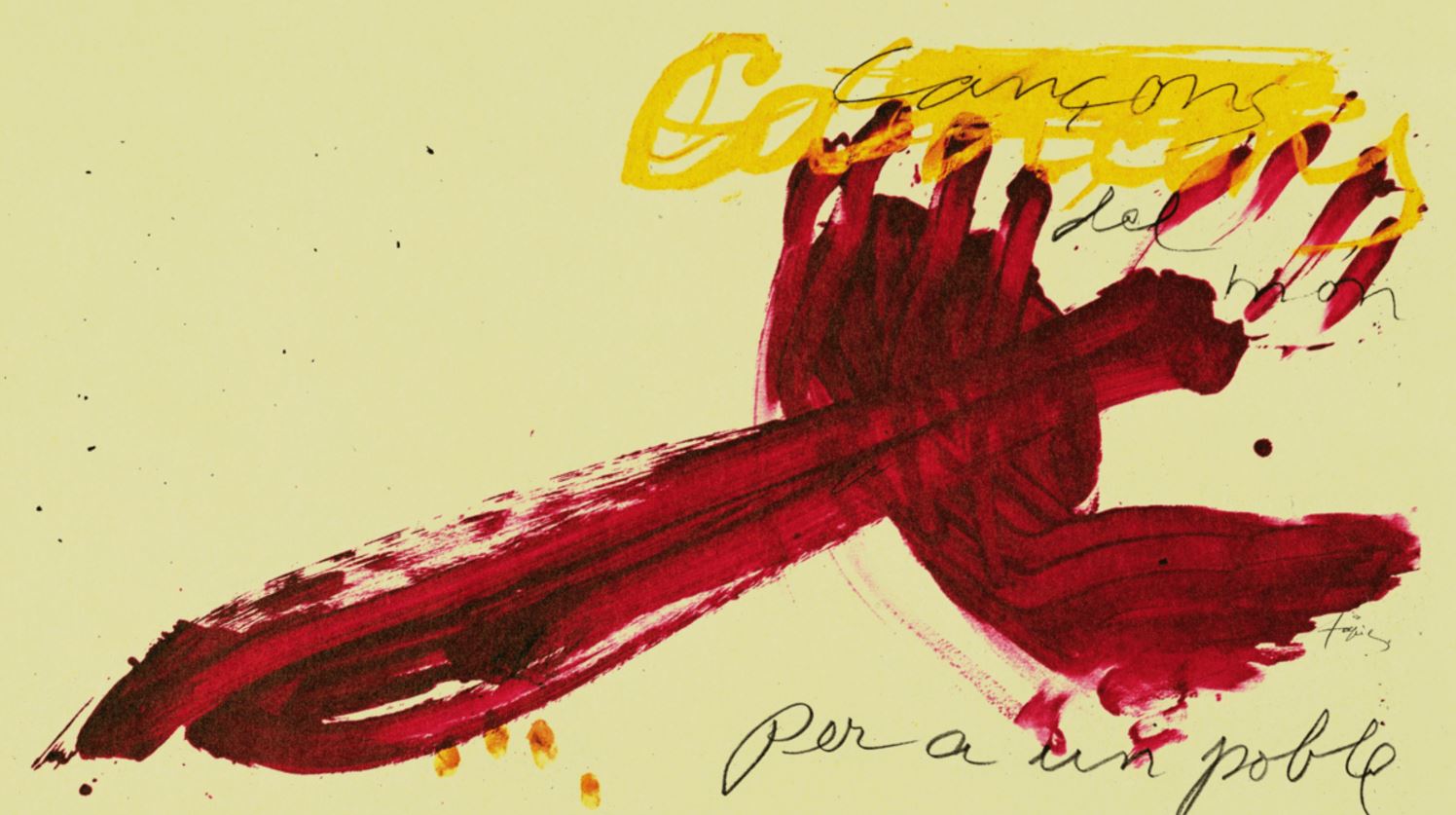Exhibitions
Roser Bru: overcome the distance
The artist's complex relationship with his Catalan roots and his life in Chile.
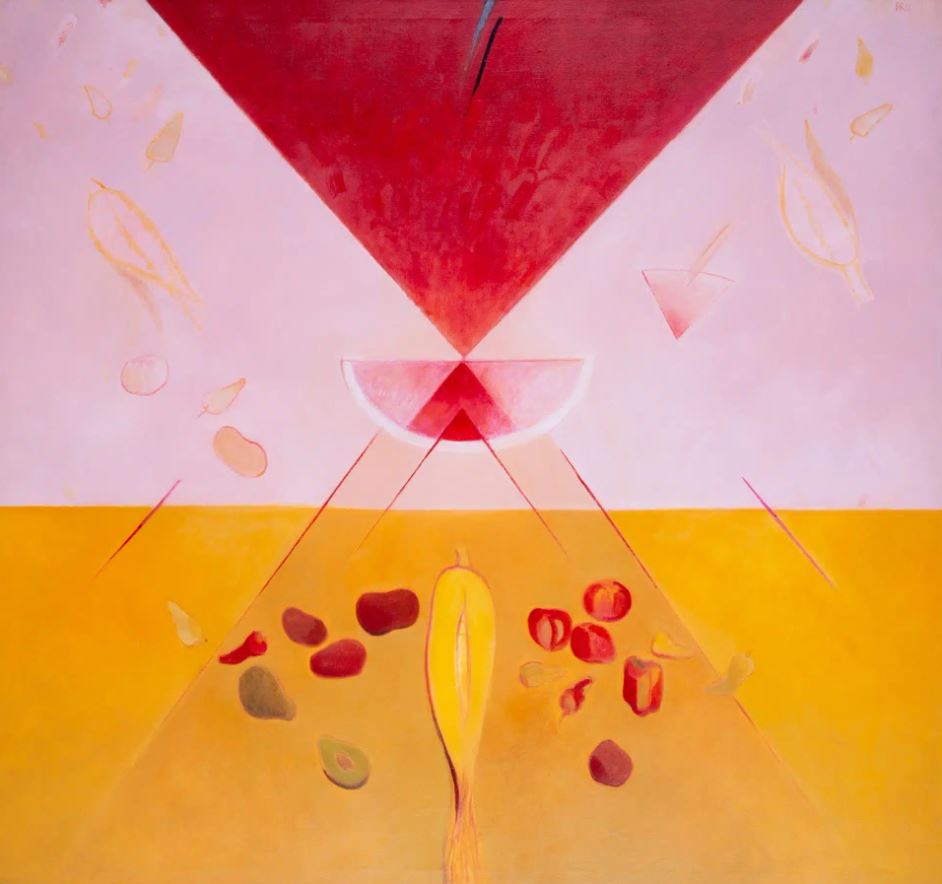
On November 23, the Girona Art Museum opened the exhibition 'Roser Bru. Overcome the distance'. Like so many other families, the Roser Bru family (Barcelona, 1923 – Santiago de Chile, 2021) was forced into exile in Chile in 1939, due to the father's political commitment to Catalan democracy. The artist decided to stay there all his life, even after the coup that the country suffered in 1973; she was convinced that it was important not to leave the country and to continue defending it from the interior.
Despite everything, the artist never stopped looking, thinking and returning to Catalonia. As the artist herself explains in a conversation with the feminist politician Maria Aurèlia Capmany in 1986, collected in the catalog of the Roser Bru exhibition. An outside look at La Virreina in 1986, Roser Bru soon learned to feel lucky to have two lands. Echoing the words of the two curators of the exhibition - Àlex Mitrani , of the National Art Museum of Catalonia , and Inés Ortega-Márquez , of the Roser Bru Foundation -, the artist spent his whole life "building in Chilean with a Catalan accent".
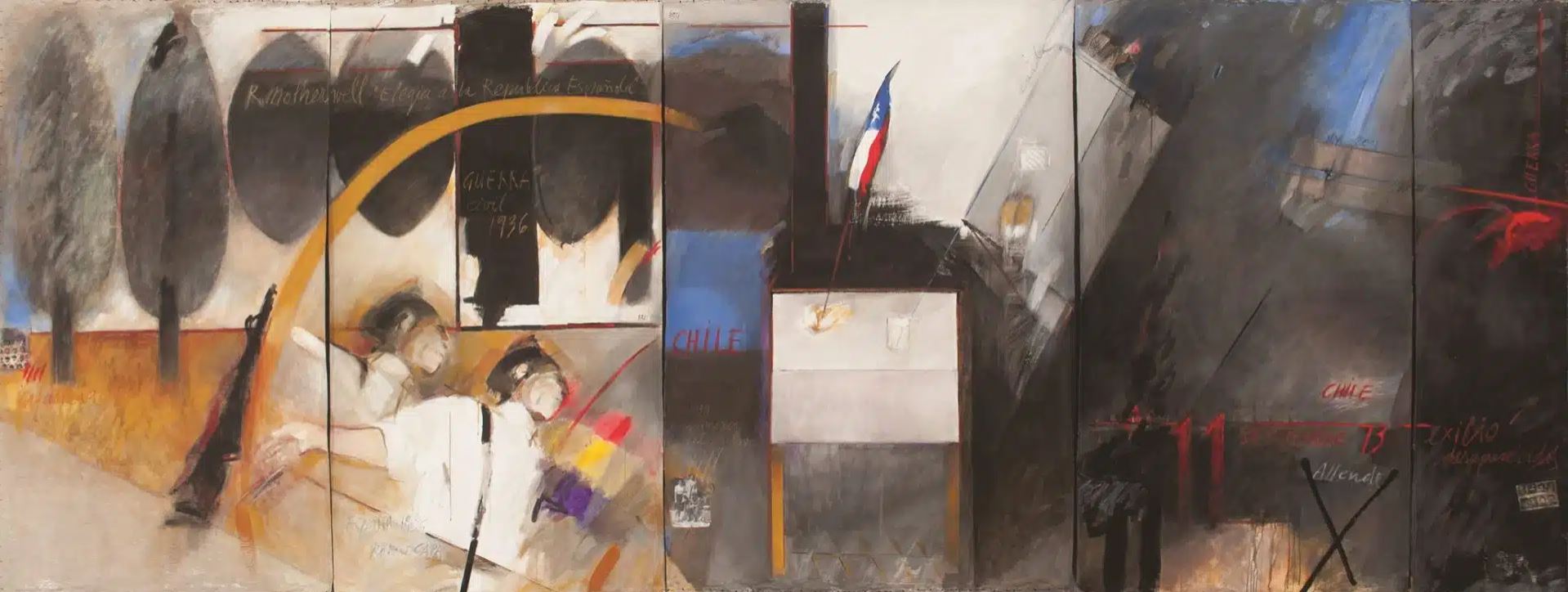
The exhibition, which can be seen at the Girona Art Museum until April 2025, explores the feeling of dual territorial belonging in the artist's work. To do so, it is exhibiting jointly and for the first time in the Catalan territory more than 130 works by the artist, coming from various national and Chilean collections, of a public and private nature, among which the contributions of MNAC , MACBA and MNCARS , at the state level.
Finally, the exhibition will also be accompanied by the publication of an extensive catalog coordinated by Natalia Esquinas , with texts by the curators, the Chilean essayist Adriana Valdés , the Catalan art historian Susanna Portell and the artist Paula Bonet.



